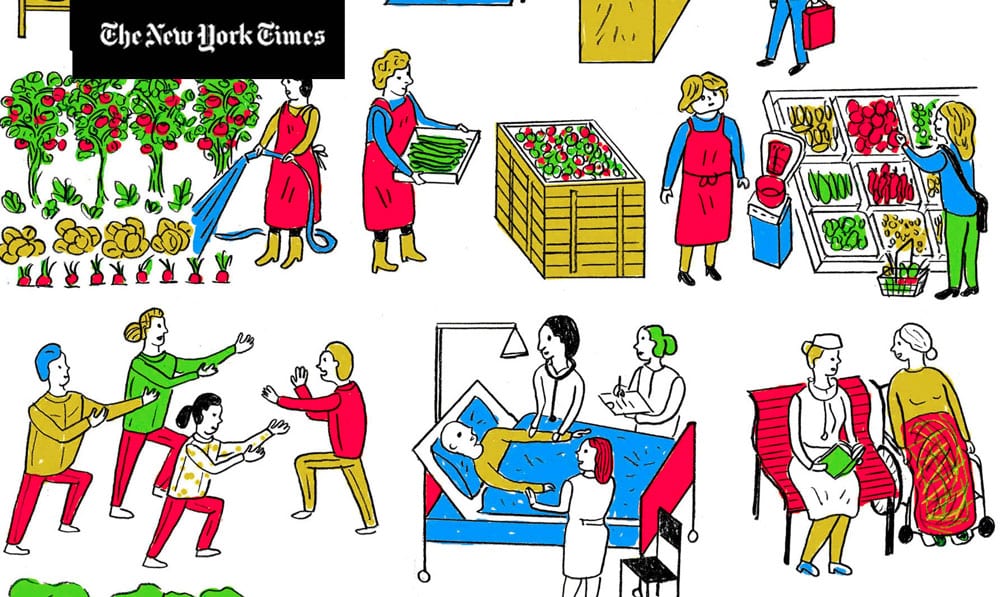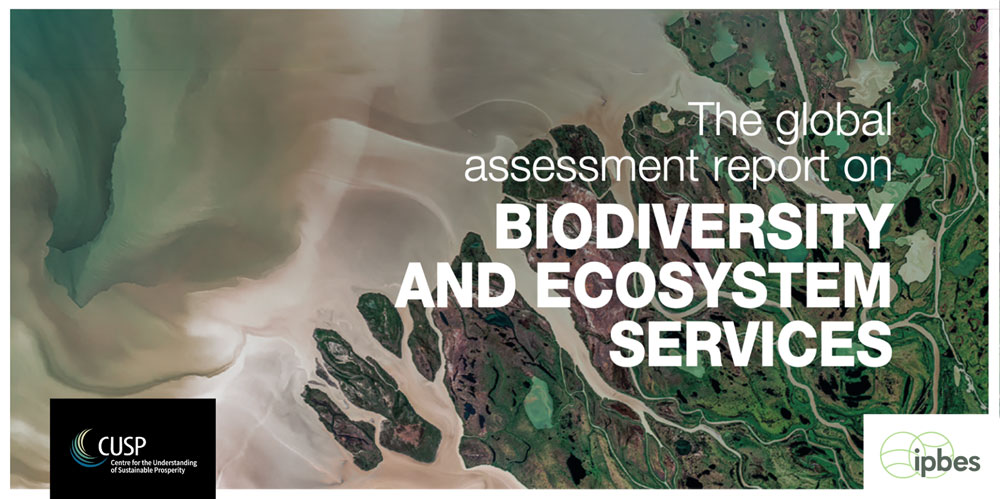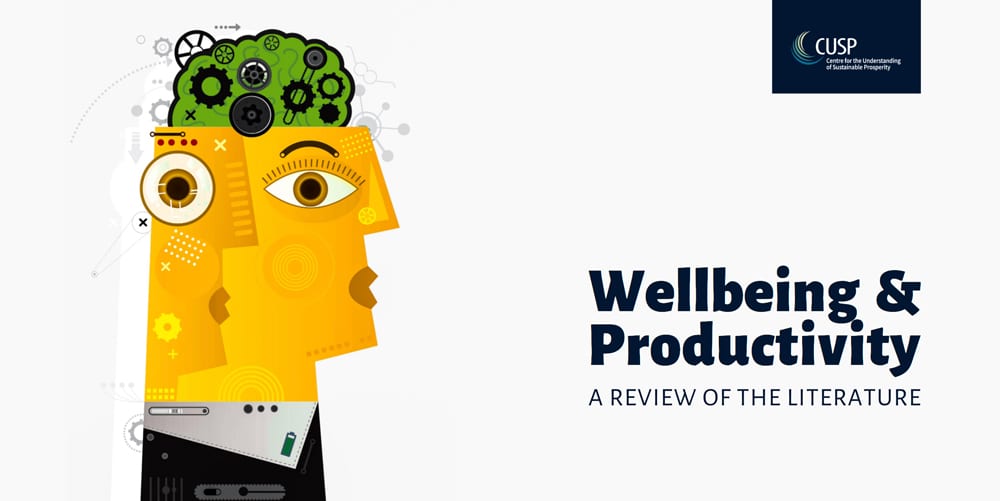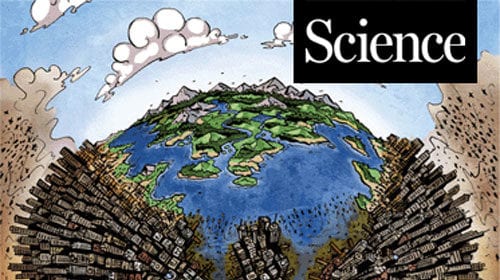PUBLICATIONS
As our work progresses, publications are arising from our research themes and cross-cutting projects. We produce working papers, journal articles, evidence submissions to government enquiries, essays, books and book chapters. Subscribe to our newsletter to receive a monthly digest in your inbox. If you want to hear more frequently from us, you can subscribe to email updates from the website directly.

Global economic stability could be difficult to recover in the wake of the Covid-19, this Nature article finds. Even before the Covid-19 crisis, many of the world’s leading economies were experiencing larger slower growth cycles (recession cycles), suggesting precisely such a period of critical slowing down in the economic system. This analysis suggests that the added weight of the Covid-19 crisis may result in one of the weakest and most unstable recoveries in recorded history for many economies.

Journal paper in the International Journal of Life Cycle Assessment on the environmental impact of rearing crickets for live pet food in the UK, and implications of a transition to a hybrid business model combining production for live pet food with production for human consumption.

Contemporary economic and ecological politics frequently revolves around a fundamental problem, of what has been left to us by previous generations, and what we will leave to our successors. This has grave collective, indeed planetary, dimensions where climate change is concerned. However, as economic outcomes are increasingly determined by the power of assets and rents, so capitalist societies are witnessing a revival of dynastic forms of intergenerational advantage and disadvantage, where families and defensive legal instruments (such as trusts) sustain wealth privately.

Journal paper by Christine Corlet Walker, Angela Druckman and Claudio Cattaneo in Social Indicators Research, taking the UK as a case study and asking what views exist among civil servants in the UK about measuring societal well-being.

New book by CUSP researchers Roberto Pasqualino and Aled Jones, presenting a novel stock and flow consistent global impact assessment model (ERRE) designed by the authors to address the financial risks emerging from the interaction between economic growth and environmental limits under the presence of shocks.

This paper presents the results of a thematic coding analysis of a workshop comprised of senior accountants and actuaries who were asked to consider how a future of sustainable prosperity can be enabled by the finance sector. We found that mindset, skills, external drivers and decision boundaries were key themes that create barriers to change.

When it comes to the status of democracy, the current times present a curious chasm: On the one hand, the depoliticisation of contemporary discourses and institutions has led to a legitimacy crisis of democracy; yet on the other, there has been a resurgence of normative democratic ideals and practical ‘democratic innovations’ in the sphere of civil society.

In early Spring this year, written submissions were invited to aid the Committee in prioritising its future programme of work. CUSP director Tim Jackson submitted evidence, making the case for necessary innovations in governance and a realistic and responsible approach to the management of the economy: Sustainable Development Goals and the 2050 Vision for Biodiversity cannot be achieved without transformative change, the conditions for which have to be put in place now.

The challenges facing the world and the UK today are unprecedented. A global health emergency, a global climate crisis; and a catastrophic loss of biodiversity, are undermining the basis for future prosperity in the UK and across the world. This article, written for The New York Times in 2012, speaks to the theme of restoring the value of decent work to its rightful place at the heart of society.

In this paper, we aim to contribute to the literature on post-growth futures. Modern imaginings of the future are constrained by the assumptions of growth-based capitalism. To escape these assumptions we turn to utopian fiction.

In The Politics of the Anthropocene, John S. Dryzek and Jonathan Pickering set out to re-evaluate not just environmental politics, but all politics. Now that humanity has inescapably entered the Anthropocene, a new kind of politics is needed that takes seriously the fundamental, human-induced instability this new epoch stands for.

This paper examines the implementation of governance arrangements to extend ownership and control to employees and community stakeholders in social enterprises. Evidence from a sample of newly created public service social enterprises in England shows how the realisation of democratic ideals involves a gradual and often challenging process.

Variations in the character, performance and impact of policies and practices to capture land value for the community are usually examined by analysing experience in different countries. This paper examines the relations in England between the extant political economy and supporting ideologies, and the distinctive forms of land value capture that they produced. The analysis highlights the evolution of the idea of land value capture and the policies and practices associated with it.

This policy briefing highlights some alternatives to the conventional approach to measuring social progress. It presents a three-fold strategy for moving beyond GDP by: changing the way we measure success; building a consistent policy framework for a ‘wellbeing economy’; and addressing the ‘growth dependency’ of the economy.

How might a Green New Deal be applied to the early stage financing of Cleantechs? Amidst rising interest and adoption of Green New Deals in the US, the paper explores the need for more focused policy to address early stage long horizon financing of Cleantechs.

Current controversies in valuing the cost of environmental changes like climate change and biodiversity loss have exposed serious flaws in standard welfare economics, Peter Victor writes. Many of these arise from the assumption that social value can be calculated using the revealed or stated preferences of self-regarding, narrowly rational individuals. In recent decades, markets and market-oriented thinking have reached into spheres of life traditionally governed by non-market norms.

In 2019, the United Nations Intergovernmental Platform on Biodiversity and Ecosystem Services (IPBES) published a comprehensive review of biodiversity. With Prof Tim Jackson as contributing author to Chapter 6 ‘Options for Decision Makers’, the review recognises that ‘a key element of more sustainable future policies is the evolution of global financial and economic systems to build a global sustainable economy, steering away from the current limited paradigm of economic growth’.

This paper reviews the current state of knowledge on rebounds and spillovers from sufficiency actions, and on time-use rebounds from downshifting. It concludes that: first, rebound effects can erode a significant proportion of the anticipated energy and emission savings from sufficiency actions; second, that such actions appear to have a very limited influence on aggregate energy use and emissions; and third, that downshifting should reduce energy use and emissions, but by proportionately less than the reduction in working hours and income.

Individuals are increasingly using everyday life choices about consumption, transportation, or modes of living to address political, environmental, or ethical issues. While celebrated by some as an expansion of political participation, others worry this trend may be detrimental for democracy. This first detailed longitudinal analysis is investigating these hypotheses.

Processes of politicisation and depoliticisation are increasingly studied in relation to urban contexts, and cities have been depicted as incubators of social movements. What has been largely ignored is why, in some cities, forces of politicisation or depoliticisation are stronger than in others.

This report reviews the relationships between the different aspects of wellbeing, productivity, and productivity growth. It is the culmination of a desk-based evidence review, survey, and a mapping workshop held with experts from backgrounds including psychology, sociology, economics, and design. The focus is on wellbeing and labour productivity.

This article emphasises the tension between environmentalists’ radical ambitions on the one hand, and pragmatic organisational considerations on the other. The paper suggests that competing arguments about (de-)politicisation can be reconciled first by considering that ‘the political’ has at least three different dimensions, and second by taking account of how activists reflexively navigate the different challenges posed by each of these dimensions in their strategising.

Rapid decarbonisation of the UK energy sector demands high levels of investments into low carbon energy infrastructure, which are currently not undertaken at required scale. In a new paper, CUSP researchers Sarah Hafner, Aled Jones and colleagues explore a theoretical framework for investigation of and possible solutions to key investment barriers, drawing on a review of academic literature and policy reports, and interviews conducted with financial investors and experts.

This report describes the integration of mapping methods and desk-based research used in the ESRC funded Powering Productivity research project. The project applied a mixed method combination of thematic literature review with expert elicitation within a participatory systems and knowledge mapping process to survey and visualise the evidence base and the links between 1) energy and productivity and 2) wellbeing and productivity.

It is clear that the larger the economy becomes, the more difficult it is to decouple that growth from its material impacts… This isn’t to suggest that decoupling itself is either unnecessary or impossible. On the contrary, decoupling well-being from material throughput is vital if societies are to deliver a more sustainable prosperity—for people and for the planet. (This article is posted on the Science website).

This working paper presents a stock-flow consistent (SFC) simulation model of a national economy, calibrated on the basis of Canadian data. LowGrow SFC describes the evolution of the Canadian economy in terms of six financial sectors whose behaviour is based on ‘stylised facts’ in the Post-Keynesian tradition. Contrary to the accepted wisdom, the results indicate the feasibility of improved environmental and social outcomes, even as the growth rate declines to zero.

What are the capacities of the state to facilitate a comprehensive sustainability transition? This paper argues that structural barriers akin to an invisible ‘glass ceiling’ are inhibiting any such transformation. First, the structure of state imperatives does not allow for the addition of an independent sustainability imperative without major contradictions. Second, the imperative of legitimation is identified as a crucial component of the glass ceiling.

In this paper, we reflect on our experiences of planning and conducting the International CYCLES project involving photo elicitation with young people in Bangladesh, Brazil, India, Japan, New Zealand, South Africa and the UK. While some issues such as varying access to technology for taking and sharing photos and diverse cultural sensitivities around the use of photography were anticipated in advance, others were more unexpected.

What might break the ‘glass ceiling’ that has so far prevented a deep sustainability transformation? In this paper, Marit Hammond considers the cultural dimension of such a transformation, adding nuance to the debate around democracy and sustainability.

Despite the development of the environmental state, climate change is accelerating. The concept of the ‘glass ceiling’—denoting an unexplained barrier, impeding the state from using its powers effectively to mitigate threats that it acknowledges should be addressed—has been put forward to account for this. In this paper, a structural account of this phenomenon is advanced with a view on the ‘growth imperative’.

Robert Shiller’s new book probes how social behaviour trumps statistics in determining the fate of economies—Tim Jackson weighs it up. (This article is posted on the Nature website).

There is growing awareness that business and investor plans need to better address the growing physical and regulatory risks arising from climate change and climate policy. This policy briefing is discussing how businesses and investors can improve their understanding of these risks and ensure this results in better informed decision making.

Earlier in 2019, the UK Treasury Select Committee launched an inquiry into the decarbonisation of the UK economy and green finance, set out to scrutinise the role of the Treasury department, regulators and financial services firms in supporting the UK Government’s climate change commitments. Drawing on recent CUSP reports, Tim Jackson, Aled Jones and the Aldersgate Group submitted evidence.

It has been posited that the health and social care sector may become a ‘sweet spot’ of good work, in that it will provide plentiful, good quality jobs that are associated with low environmental impacts. To explore this hypothesis, this paper addresses two questions: to what extent will jobs in the health and social care sector be displaced through technological advances such as in artificial intelligence (AI) and robots? And to what extent may the remaining jobs provide ‘good’ work?

The Climate Innovation Insights Series are analytical pieces that draw lessons from a diverse set of case studies on pioneering projects and start-ups in the EIT Climate-KIC community. The third collection is co-edited by Geraldine Brennan, and reflects the recognition that the circular economy agenda and low carbon agendas are interlinked and mutually reinforcing—making scaling up the circular economy an urgent imperative.

While the consumerist approach to what living well can mean permeates traditional media, the extent to which it appears in people’s own depictions of the good life is unclear. Using multimodal discourse analysis, this article uses a sample of posts tagged #goodlife and variants collected on Instagram to explore which understandings of the good life can be found on the platform, and what their wider implications in the consumer society are.
